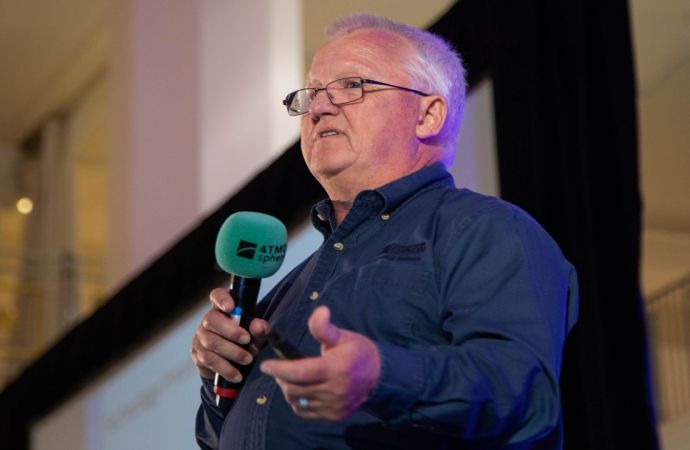Last week saw the Spanish Congress approving the introduction of a tax on fluorinated greenhouse gases (f-gases), to go into effect starting January 2014. It also saw the new Australian government publishing draft legislation to repeal the carbon price equivalent on synthetic greenhouse gases.

F-gas tax to become reality in Spain as of January 2014
As part of Spain’s efforts to lay the foundations for the consolidation of public finances, a July 2013 Bill in Spain proposed several changes in tax regulations, including the introduction of a tax on fluorinated gases at €20 per tonne of CO2 equivalent (tCO2eq).
On 17 October 2013 and following several amendments to the initial proposal, Spain’s Congress approved the introduction of a tax on fluorinated greenhouse gases (f-gases).
It will apply to fluorinated gases or their mixtures with a global warming potential (GWP) greater than 150 by applying the coefficient of 0.020 to the GWP value of each fluorinated gas, up to a maximum of €100 per kilogram.
The tax will be phased in gradually starting in January 2014 (33% of full level in the first year) and 2015 (66% of full level in the second year), to reach eventually a level corresponding to €20/tCO2eq in 2016.
The tax will not apply to the first refrigerant charge of new equipment, while lower tax levels are also foreseen for the case of use of recycled and reclaimed f-gases.
New Australian government wants to repeal carbon tax as of July 2014
On 15 October 2013, Australian Prime Minister Tony Abbott published draft legislation to repeal the country's carbon tax, including the carbon component of the levy on synthetic greenhouse gases introduced by the preceding government.
In lieu of the carbon tax, Mr Abbott's government plans to introduce a Direct Action Plan, at the core of which will be an Emissions Reduction Fund that will provide incentives for companies to reduce their emissions.
The government is carrying out a public consultation on the carbon tax draft repeal bill until 4 November 2013, as well as on the Emissions Reduction Fund until 18 November 2013.
The new government wants the bill passed by July 2014, however Abbott’s party does not hold the majority in Australia’s upper house of parliament (Senate), without the approval of which the bill cannot be passed. Meanwhile, the opposition Labor Party has said it would not support the repeal of the carbon tax, yet the situation could change once the new senators elected in September's polls take their seats in July 2014.
As part of Spain’s efforts to lay the foundations for the consolidation of public finances, a July 2013 Bill in Spain proposed several changes in tax regulations, including the introduction of a tax on fluorinated gases at €20 per tonne of CO2 equivalent (tCO2eq).
On 17 October 2013 and following several amendments to the initial proposal, Spain’s Congress approved the introduction of a tax on fluorinated greenhouse gases (f-gases).
It will apply to fluorinated gases or their mixtures with a global warming potential (GWP) greater than 150 by applying the coefficient of 0.020 to the GWP value of each fluorinated gas, up to a maximum of €100 per kilogram.
The tax will be phased in gradually starting in January 2014 (33% of full level in the first year) and 2015 (66% of full level in the second year), to reach eventually a level corresponding to €20/tCO2eq in 2016.
The tax will not apply to the first refrigerant charge of new equipment, while lower tax levels are also foreseen for the case of use of recycled and reclaimed f-gases.
New Australian government wants to repeal carbon tax as of July 2014
On 15 October 2013, Australian Prime Minister Tony Abbott published draft legislation to repeal the country's carbon tax, including the carbon component of the levy on synthetic greenhouse gases introduced by the preceding government.
In lieu of the carbon tax, Mr Abbott's government plans to introduce a Direct Action Plan, at the core of which will be an Emissions Reduction Fund that will provide incentives for companies to reduce their emissions.
The government is carrying out a public consultation on the carbon tax draft repeal bill until 4 November 2013, as well as on the Emissions Reduction Fund until 18 November 2013.
The new government wants the bill passed by July 2014, however Abbott’s party does not hold the majority in Australia’s upper house of parliament (Senate), without the approval of which the bill cannot be passed. Meanwhile, the opposition Labor Party has said it would not support the repeal of the carbon tax, yet the situation could change once the new senators elected in September's polls take their seats in July 2014.
MORE INFORMATION
Related stories



